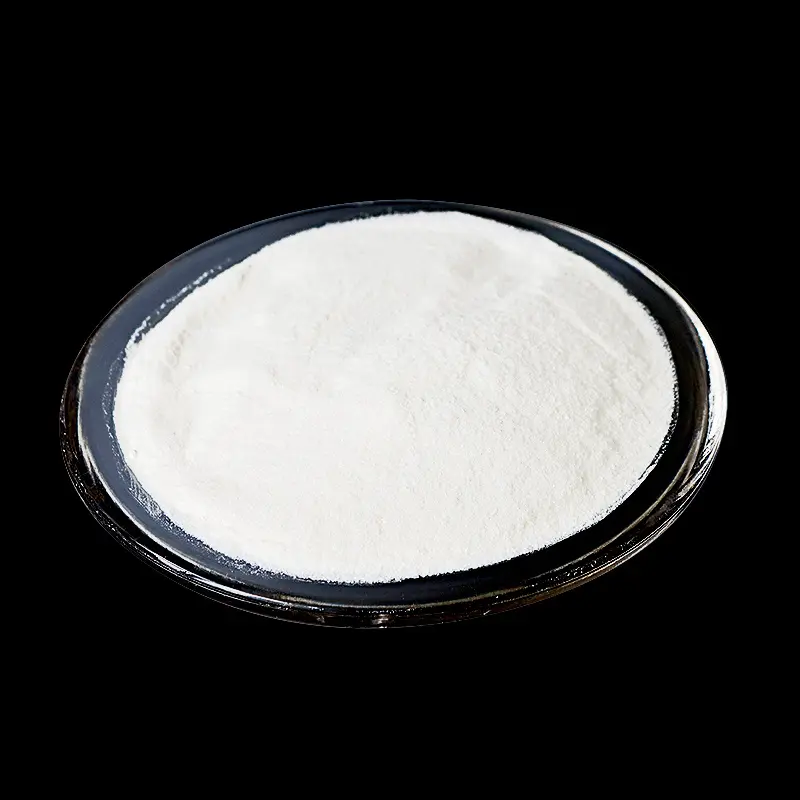Sodium metabisulfite, a versatile chemical compound with the formula Na2S2O5, is gaining attention in various industries worldwide. This white crystalline powder is primarily known for its role as a preservative, antioxidant, and bleaching agent. Its global significance cannot be overstated, as it plays a crucial role in food preservation, winemaking, and water treatment processes.
In the food industry, sodium metabisulfite is widely used to prevent spoilage and maintain the freshness of products. It effectively inhibits the growth of bacteria and fungi, making it an essential ingredient in dried fruits, vegetables, and some beverages. Additionally, its antioxidant properties help in preserving the color and flavor of food items, ensuring that consumers receive high-quality products.
The winemaking industry also heavily relies on sodium metabisulfite. It is used to sanitize equipment and prevent oxidation during the fermentation process. By controlling the levels of sulfur dioxide, winemakers can enhance the flavor profile of their wines while ensuring a longer shelf life. This has made sodium metabisulfite a staple in vineyards around the globe.
Moreover, sodium metabisulfite is utilized in water treatment facilities to remove chlorine and other harmful contaminants. Its ability to neutralize these substances makes it an invaluable resource for ensuring safe drinking water in communities worldwide.
As global demand for sodium metabisulfite continues to rise, manufacturers are focusing on sustainable production methods to meet the needs of various industries. With its multifaceted applications and growing importance, sodium metabisulfite is set to remain a key player in the global market.
In conclusion, sodium metabisulfite is more than just a chemical compound; it is a vital ingredient that supports food safety, enhances winemaking, and contributes to public health through water treatment. Understanding its global significance helps us appreciate the role it plays in our everyday lives.
Post time: Nov-05-2024









